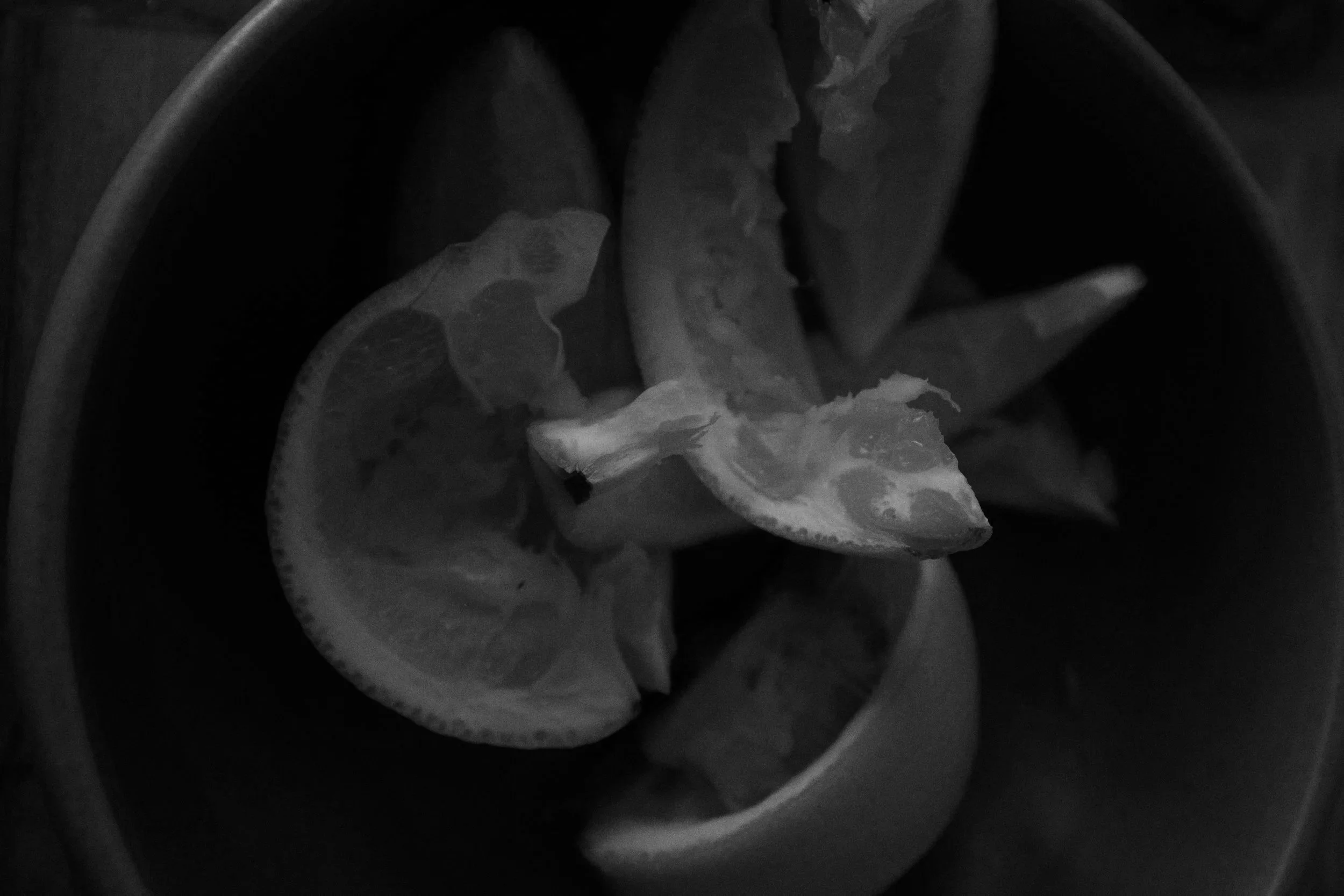HEALTH AND WELLBEING.
A Tentative Exploration of Inclusion. Children are an incredible magnifier for all that is both beautiful and painful in the world. For me they revealed a mulitcoloured existance of love whilst simultaneously revaaling the oddities in social convention and order. I saw, felt and experienced the discrepancies within heirachial and authoritarian structures -my own healthcare system included- that could, without the acknowledgement of our shared humanity, disempower those within their care. Knowledge is power.
Truth comes alive in contrasts and nuance and there are moments in life, where knowledge and authority save it- medical or surgical emergencies, and perhaps in business or legal cultures- specialised knowledge is important. Yet knowledge in this way associates human beings with objectivity, precision, and control, the opposite to the innateness of being human, a vulnerable felt and uncertain experience. Human beings cannot grow, connect, sustain and flourish with out acknowleding the shared humanity that unites us.
Pema Chodran, teacher, author and Buddist nun encapsulates this within her writings"Compassion is not a relationship between the healer and the wounded. It's a relationship between equals. Only when we know our own darkness well can we be present with the darkness of others. Compassion becomes real when we recognise our shared humanity”. Healing and connection is fostered not solely through knowledge and technique but through acceptance, understanding, love and compassion.
Influential psychologist Carl Rogers whos book Person Centered Therapy explored similiar ideas “I have found the more I can be genuine in the relationship, the more helpful it will be. This means that I need to be aware of my own feelings, in so far as possible, rather than presenting an outward facade of one attitude, while actually holding another… being genuine also involves the willingness to be and to express, in my words and my behaviours the various feelings and attitudes which exist in me. It is only in this way that a relationship can have reality”…
And the work of Brene Brown extrapolates these approaches outside of a clinical setting and into everyday life. Emphasising its our vulnerabilities, our struggles, imperfections, our humanity that connect us in our relationships and to ourselves.
Acknowledging our lived experiences, how we feel, maybe what connects us beyond race or culture, class or occupation. It facilitates union and equality. Inclusion, in this way, maybe the way in which we find belonging.
By Helen Coutts.
13.11.2025.
References and Further Reading.
Brown Brene, 2012, Daring Greatly. How the Courage to be Vulnerable Transforms the way we live, love, parent and lead, Penguin Publishing, USA.
Rogers Carl, 1967, A Therapists View of pyschotherapy, On becoming a person. Constable and Robinson. London.
